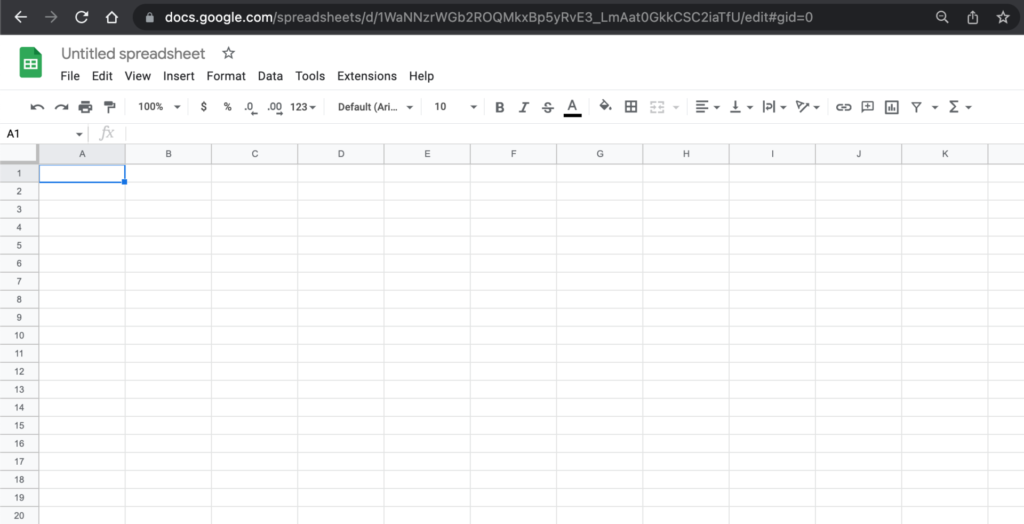How to become a Tax Filer’s favorite musician client
Maybe you’ve got the creative part of being a professional musician down, but it’s time to learn the basics of the business. Here’s a foolproof way to get your finances in order.
by Vonmarie Thomas of Breakaway Bookkeeping + Advising from Flypaper
It must be truly gratifying that as a person who produces music, you get to revel in your craft creatively, examine its impact in the world, and inspire others through it.
Yet, in today’s competitive music industry climate, the reveling part is unfortunately only half of the lived experience of being a musician — keeping up the business of your art in order to keep revenue flowing in is the critical second half.
Come end of year and tax time just a few months later, how do you switch to business mode? You can hire a bookkeeper or an accountant, but there’s still a part you must play in the financing. What’s the secret to easily converting transactions with minimal issues?
There are a few tips I’d like to share for tracking your business in case the IRS starts knocking, and generally for good business accounting. If you’re a 1099 earner or small business earner, these are the ways to do it. And who knows? Maybe you’ll start to enjoy Excel after all!
First, open a new spreadsheet. The most popular software people use include Google Sheets, Microsoft Excel, and Apple’s Numbers. In the workbook, create four tabs.

Tab 1: Note the income (money coming in).
For income, it is important to keep track of your customers’ names, the date they paid, the amount and how they paid. These will be headers of the columns you’ll input, For helpful record keeping, add a note that logs the date of how each event was paid (cash, check (include the check number), credit, Zelle, or Venmo).
If you don’t operate a cash basis company or keep your records on accrual basis, you will be able to keep income in the proper tax year. If you do not have a business bank account, make a note of the account the money went to.
ForIn the case of an audit, the best electronic support to keep in a folder for income are contracts and invoices with clients.
Tab 2: Note the expenses (money going out).
This tab will be a running total of all business-related expenses. Some expenses to keep in mind are management fees, insurance, traveling to gigs, studio time, photography, videography, tax prep fees, music libraries, editorial fees, home office, rent, studio supplies, headphones, cameras, laptops, special media managers, stage related outfits, phone, internet fees, memberships, promotions, legal fees and instruments.
Log the date of the expense, a description of the business purpose (if it’s a meeting with a meal, note the business matters discussed and who was in attendance), the amount and note whether the expense can be considered equipment. For ease, use these categories as headers for your column.
The best electronic support to keep in a folder for expenses are receipts.
Tab 3: Log your distributions (money you take out of the business for non-business purposes).
When the business owner withdraws money out of the business, it is imperative to track the date, amount, form of payment (note if it was cash, check or money order), and the transaction number. Business owners take out distributions for personal use. Owner’s draws and distributions are different from being paid out of payroll as a salaried employee of your business. It is important to consider the business structure of your business, whether sole proprietor, LLC, S-Corp, or C-Corp.
The best electronic support to keep in a folder for distributions are bank statements with visible relevant transactions.
Tab 4: List any debts or liabilities (another category of money going out).
Liabilities are monies that your business owes to an outside business, which can include loans or instalments on a purchase of studio equipment or gear. For these liabilities, log the original loan amount, the date obtained and payments made along with the date of payment.
The best electronic support items to keep in a folder for liabilities are credit card or loan statements with details on interest rates.
Utilizing a finance professional will help your business be more successful in the long run. For example, it is common that DIY DJ accountants might incur extra fees for “clean up” should you ever hire bookkeeping help if you do not choose to stay organized. It is also possible to face additional taxes on expenses you cannot substantiate.
Bookkeepers also know how to properly categorize your cash flow, which can prevent you from losing out on collection of cash due to not being able to know what fees were paid by clients versus what was not.
However, the most important reason to work with a bookkeeper is that they can analyze your various transactions to see where the opportunities lie in your financial future.
Keeping and correctly logging these important business records help your business to thrive. Be sure to make this spreadsheet logging a normal part of your schedule so it’s not a h